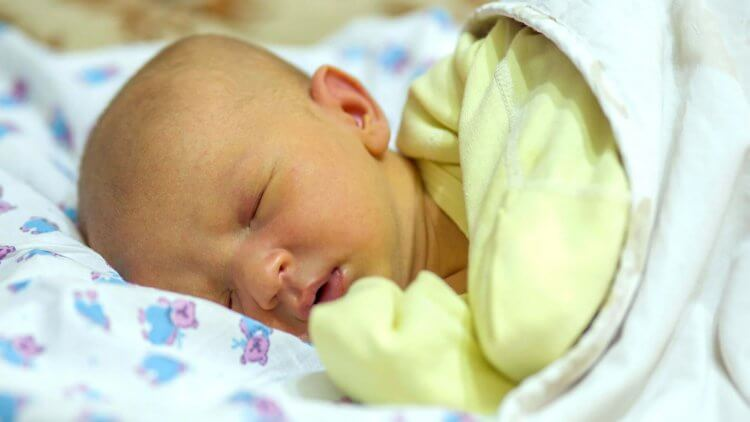How to Deal with Newborn Jaundice?

Newborn jaundice is a common condition in which a baby’s skin and eyes may appear yellowish. It usually occurs within two to four days of birth and is caused by an excess amount of bilirubin in the baby’s blood. Bilirubin is a yellow pigment that is produced when red blood cells break down. In most cases, jaundice is not harmful and will clear up on its own within a few weeks. However, in severe cases, jaundice can lead to serious complications such as brain damage. Here are some ways to deal with newborn jaundice:
Observation and monitoring
The best way to deal with jaundice is to monitor the baby’s skin and eyes for any yellowing. Parents should also keep track of their baby’s feeding and diaper habits. If the baby is not feeding well or not producing enough urine or stool, it may be a sign of a more severe case of jaundice.
Feeding frequently
Breastfeeding can help the baby flush out excess bilirubin from their system. Parents should aim to feed their baby every two to three hours, and encourage them to drink as much milk as possible.
Sunlight exposure
Mild jaundice can be treated with sunlight exposure. Place the baby in direct sunlight for a few minutes each day, making sure to protect their eyes from the sun. However, avoid exposing the baby to direct sunlight for extended periods, as this can lead to sunburn.
Phototherapy
For severe cases of jaundice, doctors may recommend phototherapy. This treatment involves placing the baby under special blue lights that help break down bilirubin in the skin.
In conclusion, newborn jaundice is a common condition that usually does not require any treatment. However, if the jaundice is severe or does not go away on its own, parents should seek medical attention. By following these tips, parents can help their baby recover from jaundice and prevent any potential complications.